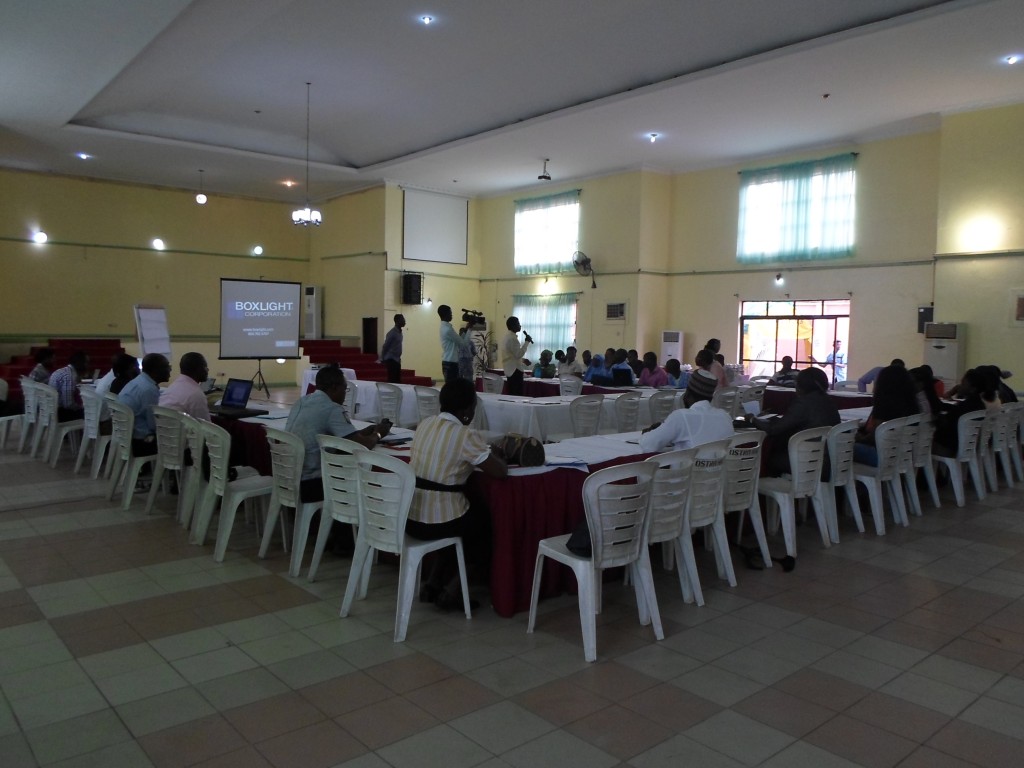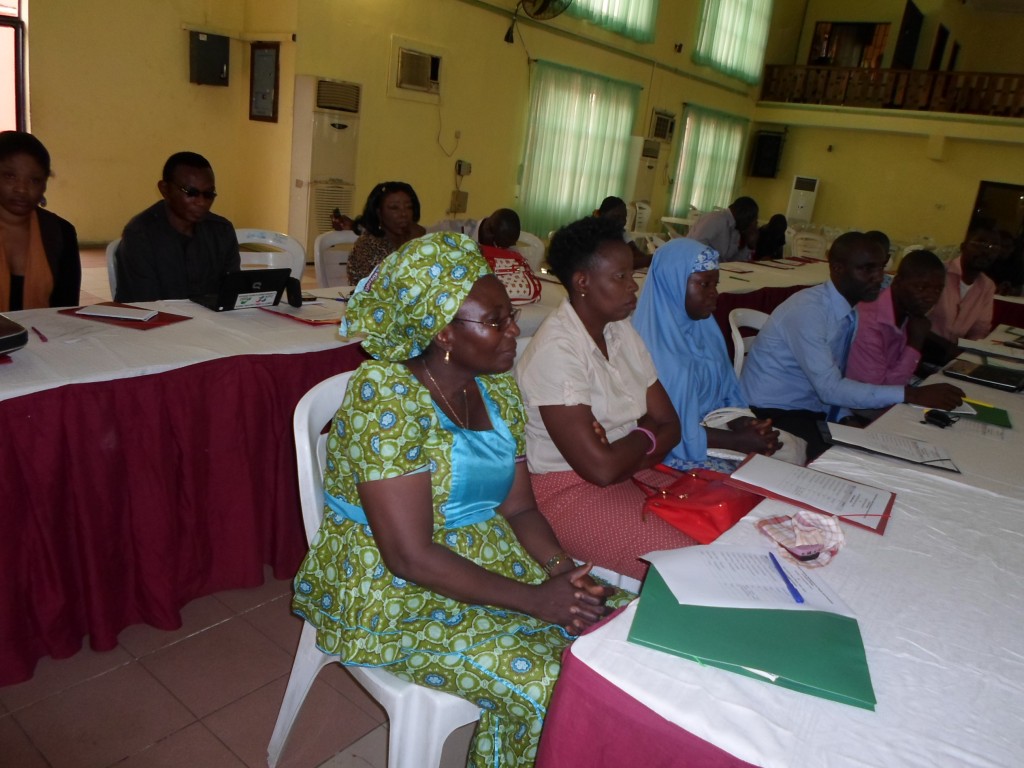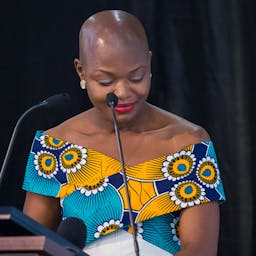Climate Change and People With Disabilities (PWDs): Awareness, Vulnerability, Adaptation
Jan 21, 2015
Story


The Policy Advocacy Partnership on Climate Change (PAPPCC) in partnership with the Disability Partnership Advocacy Initiative (DPAI) and the State Accountability Voice Initiative (SAVI) organized a one-day workshop to discuss best practices in natural disaster preparedness and response and their attendant consequences.
This workshop held at the Ostra Hotel in Lagos on the 12th of November, was attended by different disability advocacy groups, representatives from the Ministry of Environment (MoE), Lagos State Office of Disability Affairs (LASODA), Lagos State Emergency Management Agency (LASEMA), Ministry of Physical Planning, National Emergency Management Agency (NEMA) and others.
Some of the issues raised were: how has climate change resulted in more disabilities; how does climate change affect PWDs; what challenges are peculiar to people with different kinds and varying degrees of disabilities and how can the State government and its designated organizations step in to ensure the safety and protection of this vulnerable, marginalized and often forgotten group during emergencies?
The keynote address which highlighted some of the challenges PWDs in the state face along with the States government’s efforts through its agencies in helping to cushion them was delivered by Mr Tunji Bello, who represented the State Commissioner for Environment.
He emphasized the need for PWDs to be involved at all levels of planning, decisions making and execution of projects designed to ease their challenges because they are in the best position to proffer solutions to their challenges and societal barriers preventing their participation in mainstream society.
The breakout session allowed PWDs in attendance form groups, according to their challenges and brainstorm on the best approach to resolving the problems peculiar to their disabilities especially during emergencies. Their conclusions were presented at the plenary session.
The efforts the Lagos State government makes towards ensuring the protection and inclusion of PWDs in the state is commendable. However, there is always room for improvement.
It was difficult to tell if this workshop, like many others prior solicited the wisdom of PWDs during its planning and execution stages. The venue where the workshop was held was not easily accessible to people with mobility difficulties. The workshop materials were not made available in alternate format such as Braille. This made it difficult for persons with visual impairment to participate actively.
Mrs Rita Boyo, the Assistant National Secretary, Nigeria Association of the Blind sharing her thoughts on the unavailability of Braille materials said “It is difficult to stay awake because I cannot see the projector and the speakers are talking too fast for me to follow. If I had the materials in Braille, it would have been easy for me to read ahead, ask questions and participate more fully”.
Expressing her disappointment for the evident poor planning for persons with visual impairment participation in the workshop, she remarked, “I am not surprised at all, this is a normal thing with these meetings and workshops. That is why many of us prefer staying at home.”
Even though it falls under the purview of the Lagos State Emergency Management Agency (LASEMA), to ensure the safety and protection of PWDs during emergencies, no one could give me the figure for the number of PWDs who were successfully rescued/evacuated or who have lost their lives during recent flooding in the State. This reflects the dearth of adequate record keeping at the very least and non-performance on the part of this agency towards ensuring the safety of PWDs.
The World Health Organization and the World Bank estimates that there are about one billion people worldwide with disabilities and the vast majority of this number live in low and middle income countries.
The International Disability and Development Consortium estimates that by 2045, at least 200 million people, including 18 million who are living with disabilities will be displaced by climate change and its associated consequences. Ultimately, climate change will result in more disabilities.
The imperativeness of discussions on disaster preparedness for PWDs, how to nip the spate of the effects of climate change and building disabled friendly facilities cannot be stressed enough in view of the forgoing.




